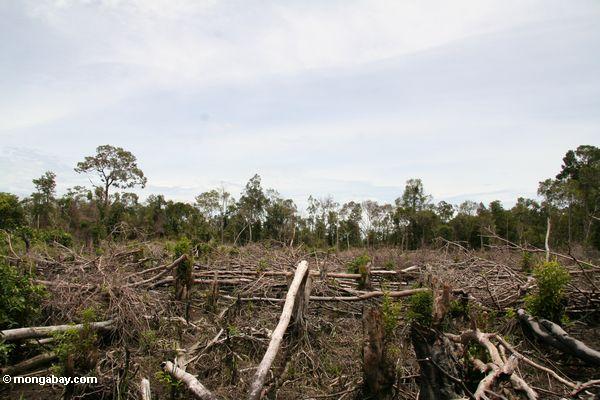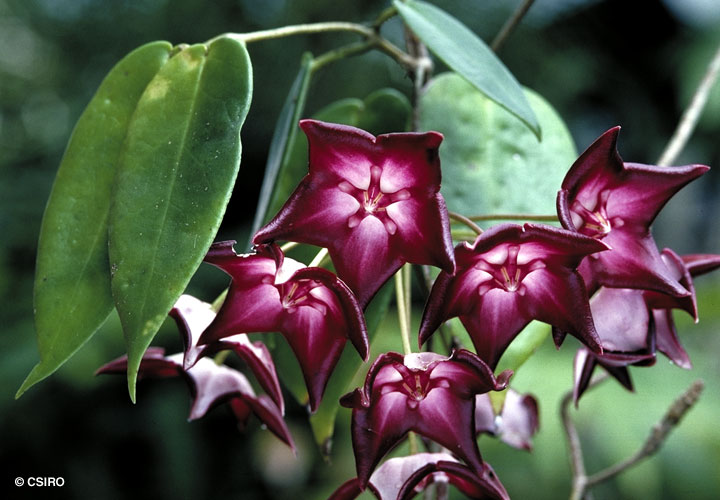Its more then "just" trees....
The Big Problem: Deforestation is the permanent destruction of indigenous forests and woodlands. The term does not include the removal of industrial forests such as plantations of gums or pines. Deforestation has resulted in the reduction of indigenous forests to four-fifths of their pre-agricultural area. Indigenous forests now cover 21% of the earth's land surface. ( Jocelyn Collins 2/01) Tropical rain forests are homes to many plants and animalsl; help stabilize the world's climate; protext against flood, drought, erosion; source for medicines and foods; support tribal people; and also an interesting place to visit.
What's going on here??? 
We are loosing an area of forest that is equal to 20 football fields every minute.
Economic reasons are pushing out rain forests. Need for agriculture is causing farmers to destroy natural land in order to create farms.A need for wood for both building and heating is causing builders to destroy trees in these rain forests.
Soil erosion is at stake.
Extinction of animals and plants.
 Burned Rainforest
Burned RainforestWhy is this so important???
Deforestation is disturbing the balance of our Earth, from parasites to the human race we are all being affected. Disruption of this balance could mean the destruction of habitats, food sources, medicines, and improvement of Earth.Tropical Rain forests presently give a place to call home for 50% - 90% of all organisms, 90% of our relatives, the primates, and 50 million creatures that can live no place but the rich rain forests (World Rain forest Movement 16). Rain forests are responsible for saving lives.

What can we do to help???
Its our job a humans to change what we are doing for the future of our well-being. Things we can do to help....
- Turn off lights when you don't need them. When light bulbs burn out replace them with energy-efficient bulbs
- Do not waste water.
- Recycle.
- Encourage your parents to drive fuel-efficient cars and not to overheat their house.
- Plant trees.
- Use wood efficiently.
Information adapted from  & kids.mongabay.com
& kids.mongabay.com